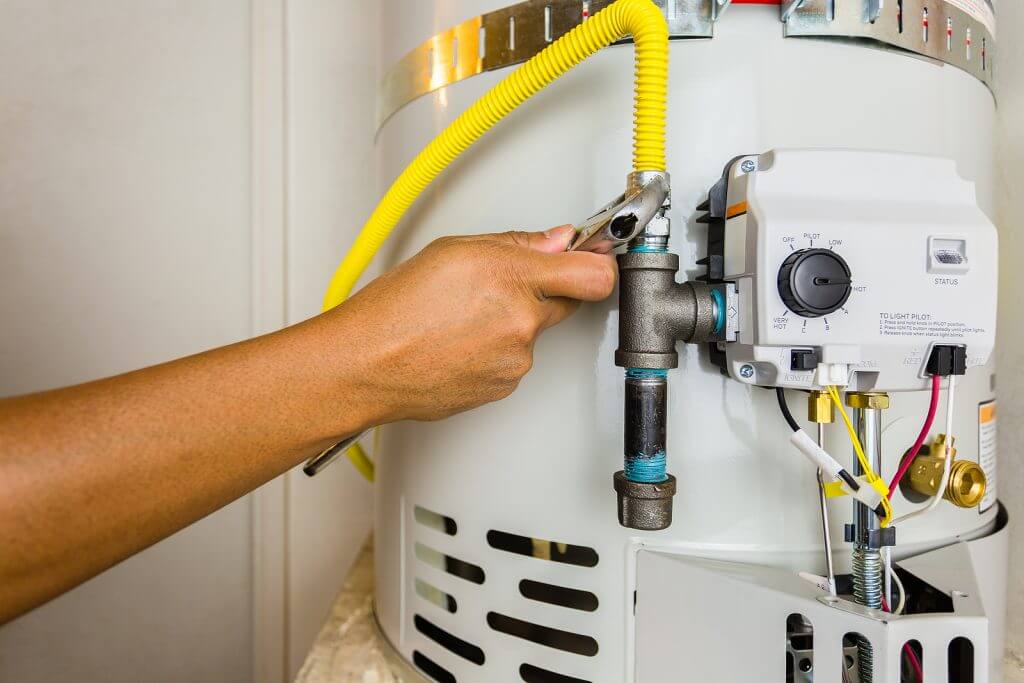Did you know a family of four uses over 63 gallons of hot water every day? That constant demand puts heavy strain on your water heater tank and plumbing system. Over time, wear and tear, sediment buildup, and changes in water pressure can lead to leaks that threaten your home. Whether the leak is at the bottom of the tank, the drain valve, or a pressure relief valve, catching it early can prevent costly water damage and extend the lifespan of your unit. Here’s how to spot—and fix—the common causes of a leaking hot water tank before they turn into major repairs.

If you’re experiencing a leak in your water heater, or a leaking expansion tank, it’s easy to anticipate the worst possible scenario. The most common sources of a water heater leak are the pressure relief valve, expansion tank, cold-water inlet valve, anode rod, and corrosion to the tank. But you might be pleased to know that not all leaky water heaters or leaking expansion tanks require major repairs.
If you spot a leak coming from your tank water heater, or a hot water expansion tank leaking, here are five things to check to determine the severity of the problem. Before you grab a wrench, turn off the water supply and shut-off valve, then disconnect power to the electric water heater or gas water heater. A quick safety check prevents electrical or gas hazards during inspection.
A leak in the tank itself. A leaking expansion tank corroding from the inside out can happen for various reasons: the water pressure inside the tank is too high, there is extreme sediment buildup, or the anode rod is worn out. When dealing with a leak in the water tank, we recommend replacing the unit as soon as possible to avoid a more severe leak or a bursting tank. Ignoring a compromised tank can flood nearby faucets and walls, causing extensive water damage and costly home improvement repairs.
If you’re still not sure of what might be to blame for your leaky water tank, it’s probably time to call in the professionals. A leaky water tank left unattended can lead to catastrophic water damage and costly repairs. If you’re unsure what’s causing your leaking water heater, call the licensed plumbers at Rocket Plumbing Chicago. A tankless water heater upgrade or timely water heater repair can restore efficiency and protect your home.
Call us at 773-219-1200 for fast, affordable service.
We’ve received your request and our team will follow up shortly to confirm your appointment time.
You’re in good hands. We’ll be in touch soon!
We’re local, fast, and ready to help. Schedule now and save.